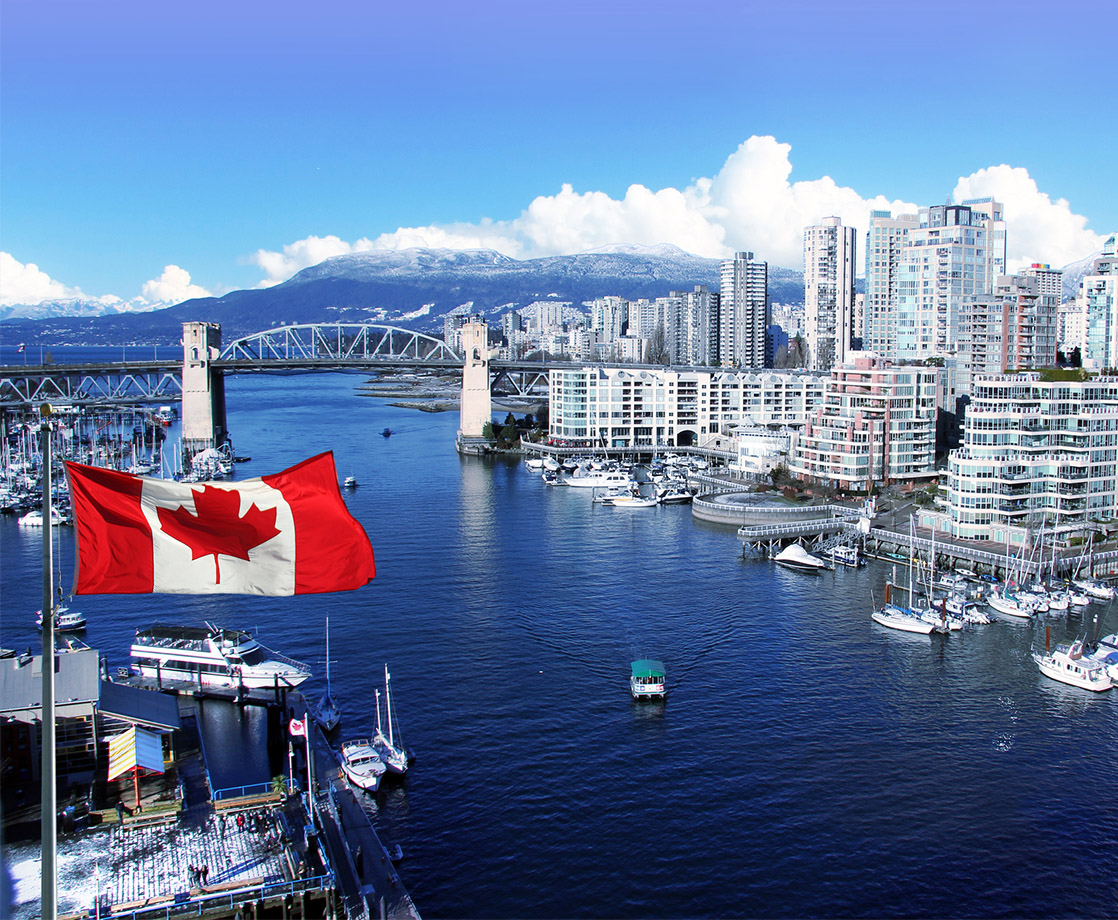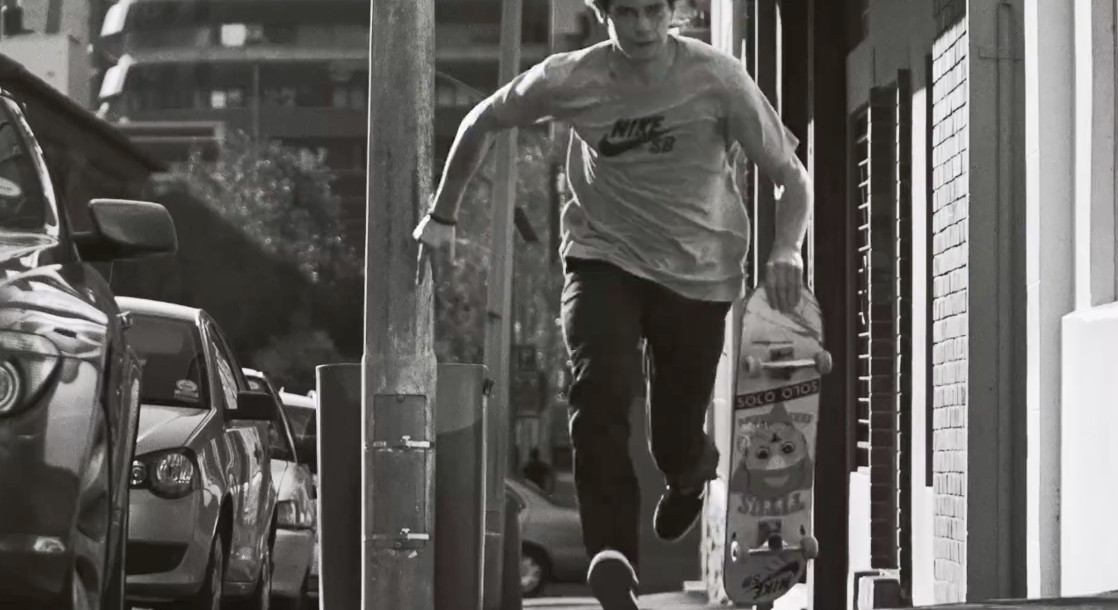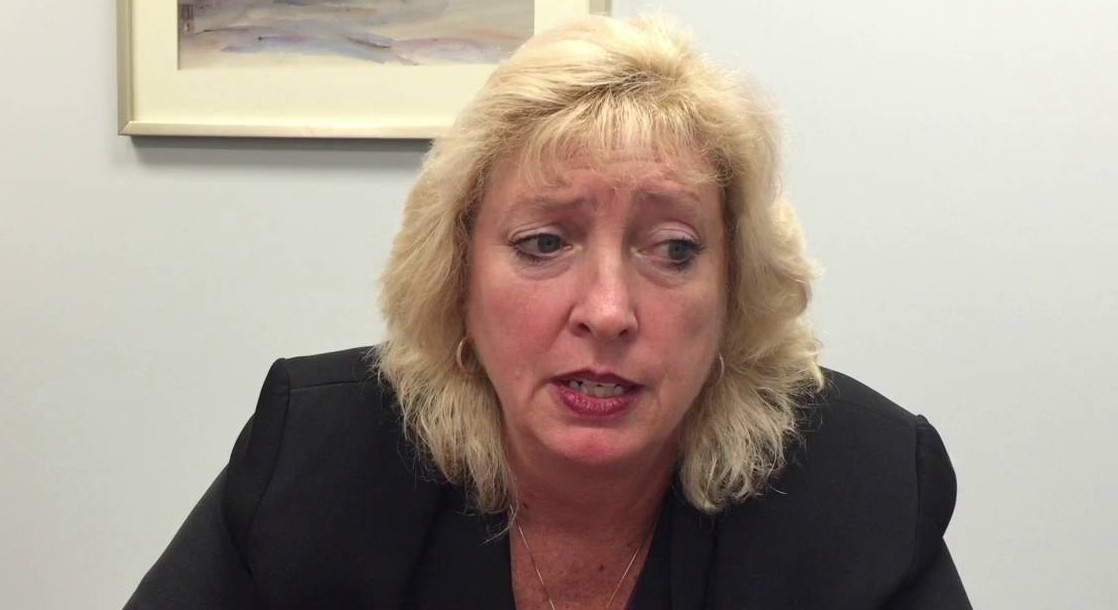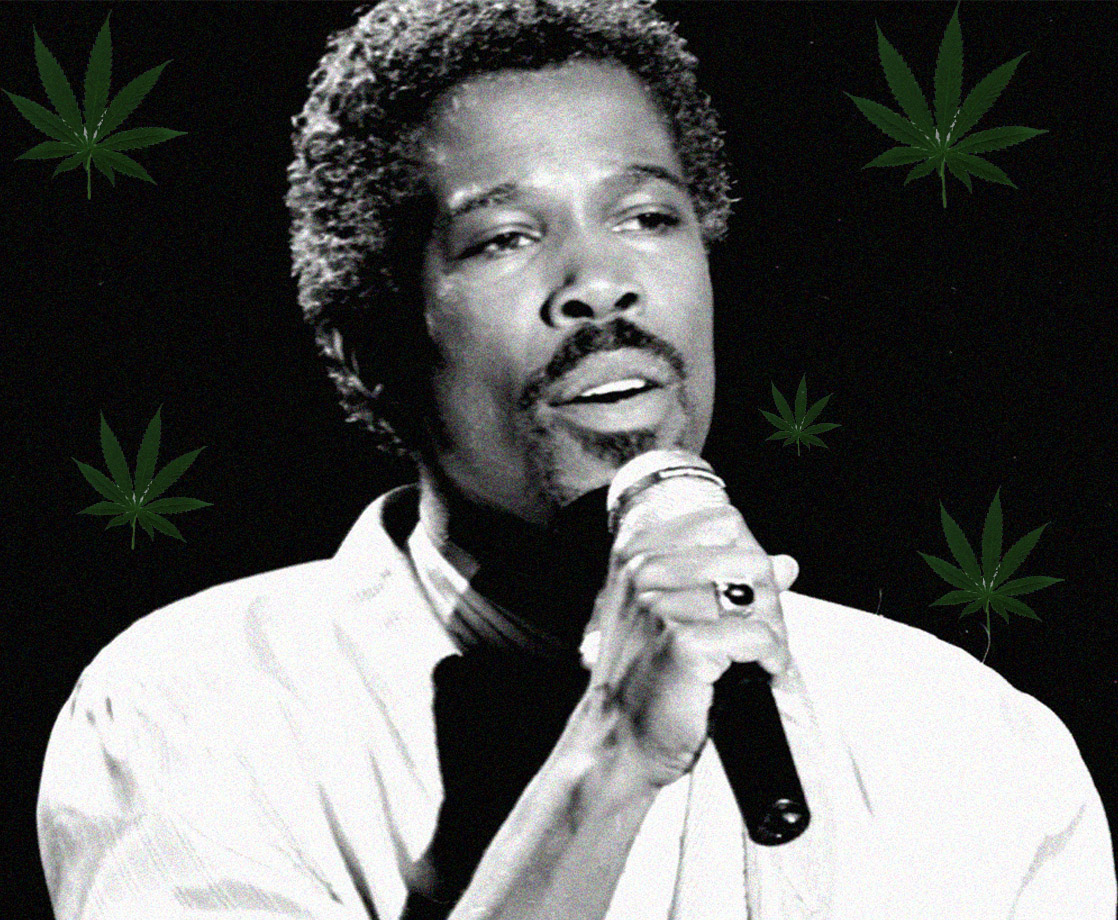This week, lawmakers in British Columbia are finally planning to unveil the official regulations for retail sales of recreational cannabis in the province. Canada is still on track to legalize marijuana this summer, and while the majority of provinces have already released their cannabis regulations, B.C. officials have been taking their time.
The Canadian federal government has been working on regulations that will cover all legal sales throughout the country. All weed sold in the Great White North must comply with Health Canada's guidelines, which require all pot products to be sold in plain, logo-free, child-proof packaging. But on many details, including how and where pot can be sold and the age limit for users, each individual province is allowed to draft its own specific legislation.
B.C. Premier John Horgan said that he expects that the country will experience a long learning curve with respect to legal pot, and will need to continually adjust its regulations as a result. "This is a massive change in how the people of B.C. and the people of Canada, in this case, interact with what has been to this point in time a controlled substance," Horgan said, according to CTV News.
Solicitor General Mike Farnworth agreed that the province's cannabis regulations would require constant fine tuning. "This is not something that is going to end with the introduction and passage of legislation, but rather is going to be an ongoing evolutionary issue for quite some time to come," he said.
British Columbia will allow adults aged 19 or older to possess up to 30 grams of pot. The regulations will permit some public consumption of the plant, essentially allowing cannabis use in any location where tobacco use is also allowed. Public use will be banned in locations frequented by children, however, including community beaches, playgrounds, and parks. Individuals may grow up to four plants per household, as long as said plants are not visible to the public.
The law will impose extreme penalties on anyone found to be driving under the influence of marijuana. Individual municipalities will be able to veto any cannabis retail applications, similar to the U.S., where local jurisdictions have the right to opt-out of allowing retail cannabis stores. Local governments are also given the right to impose further restrictions on where the drug can be used in public.
Like many other provinces, the wholesale distribution of retail cannabis products will be handled exclusively by the government-run B.C. Liquor Distribution Branch (LDB). Legal weed will be available both at government-operated retail stores, as well as privately-owned retail establishments. In urban areas, liquor and tobacco stores will not be allowed to sell cannabis.
A government official said that B.C. is also planning to set up an e-commerce website for online pot sales, and that at least one government-operated retail store will be open this summer. Several other provinces, including Manitoba, have also announced they will allow online pot purchases. Most provinces are planning on having the government handle cannabis distribution, and will also allow the drug to be sold in both private and government-run stores.
Although the full details of these regulations are supposed to be released this week, Farnworth said that B.C. will not be revealing the pricing structure for sales, nor will the government be announcing the specific location of any retail stores at this time.
"I've been clear, right from the beginning, you're not going to see whole piles of stores up and running right away," Farnworth said to CBC News. "It will be ramping up. We will be working with local governments, because they're the ones that have to implement it."











